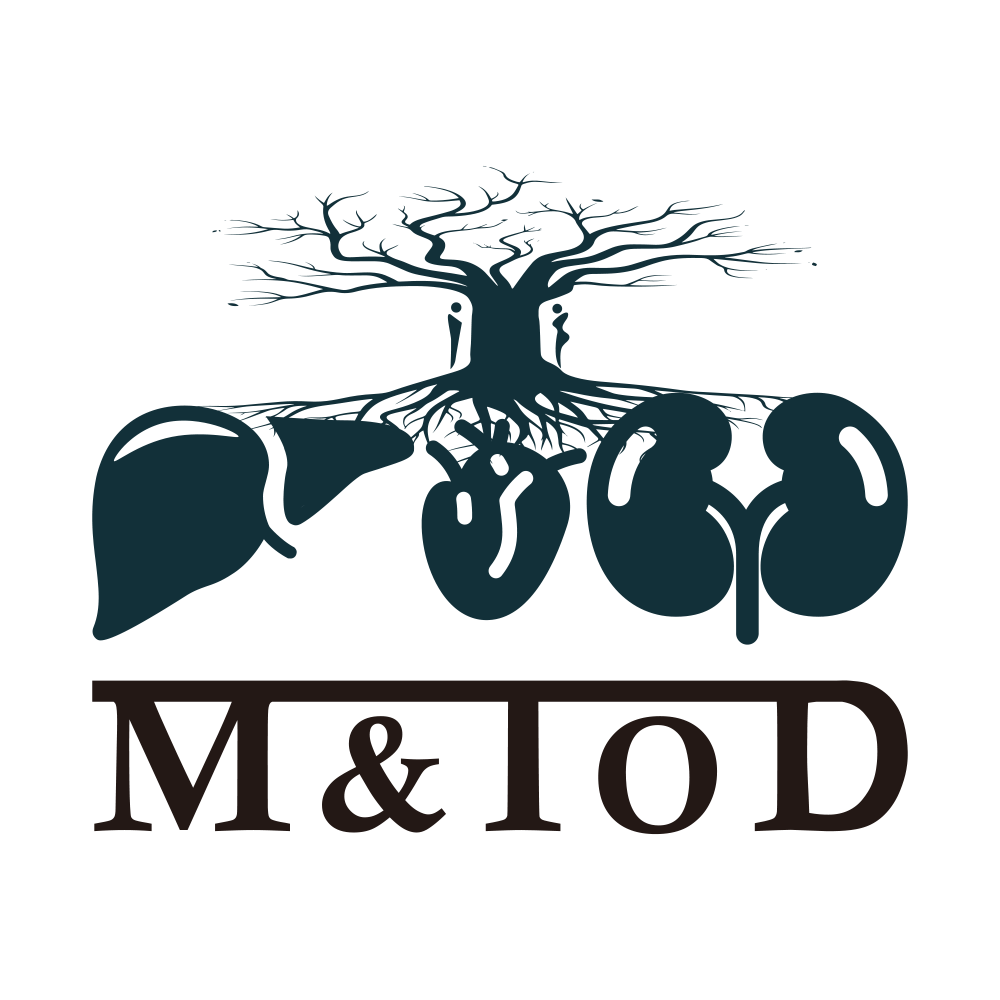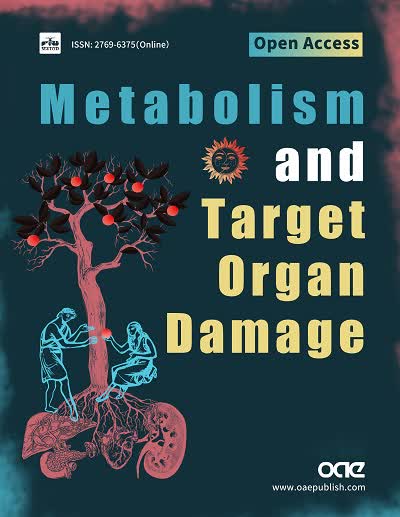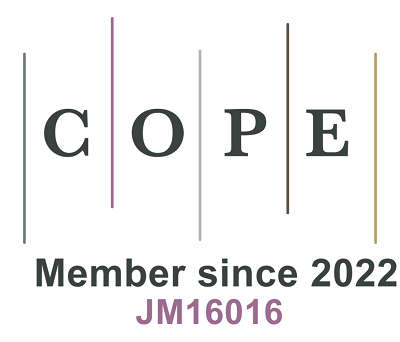A Special Interview with Prof. Kezhong Zhang
On June 24, 2024, Metabolism and Target Organ Damage (M&TOD) had the privilege of interviewing Prof. Kezhong Zhang. Hosted by Prof. Amedeo Lonardo, Editor-in-Chief of M&TOD, the interview delved into the crucial intersections of genetics, environmental stimuli, and endoplasmic reticulum (ER) stress, and their combined impact on human health. Prof. Zhang’s insights provide a comprehensive understanding of ER stress and its far-reaching effects, emphasizing the importance of continued research and innovation in this field. M&TOD remains dedicated to providing a platform for leading experts to share their valuable perspectives and advance medical science.
Questions for this interview:
1. Your outstanding line of research focuses on identifying the subcellular basis of clinically diverse conditions such as dysmetabolism, inflammation, and cancer. Despite their phenotypic and prognostic differences, these disorders may share a common altered response at the level of endoplasmic reticulum (ER) and/or mitochondria. Could you comment on the relative roles of genetics and environmental stimuli in ER stress?
2. Beyond dysmetabolism, inflammation, and cancer, do you believe that ER stress also contributes to endothelial dysfunction, atherosclerosis, and major adverse cardiovascular events?
3. Biological sex is reasonably considered a key modifier of health, disease, and medicine, with fundamental sex differences documented in susceptibility to metabolic dysfunction, autoimmunity, cardiovascular disease, and cancer. Could you discuss the role of biological sex and sex hormones in ER stress?
4. Clinicians are interested in evaluating ER stress levels in their patients, both at baseline and during follow-up, to gauge treatment efficacy. Do you think that any widely available liver tests, particularly gamma-glutamyl transferase, could serve as useful surrogate indices for this purpose?
5. It is well-known that substantial heterogeneity characterizes NAFLD (now renamed to MASLD) and the Metabolic Syndrome. Do you think that assessing ER stress levels in these contexts could aid in better patient stratification and promote precision medicine approaches?
6. As an eminent scholar, you likely receive numerous invitations to review for various medical journals. How do you prioritize these requests? Should reviewers be incentivized, or do you believe they should serve on a voluntary basis?
Personal Introduction:

Prof. Kezhong Zhang, Professor of Molecular Medicine and Genetics, as well as Biochemistry, Microbiology, and Immunology, has authored over 200 publications, accumulating more than 16,500 citations. Prof. Zhang's laboratory focuses on cellular stress responses originating from the endoplasmic reticulum (ER) and/or mitochondria, which modulate inflammation and metabolism associated with metabolic diseases, autoimmune diseases, and cancer. Key accomplishments of his lab include: 1) revealing the liver-enriched stress sensor CREBH and its functions and molecular mechanisms as a key transcriptional factor or hepatokine that regulates energy metabolism under the circadian clock or metabolic stress; 2) defining the pathophysiological roles and mechanisms of the primary ER stress sensor IRE1α in B cell development, hepatic lipid metabolism, and macrophage inflammation; 3) uncovering the stress mechanisms by which air pollution induces non-alcoholic fatty liver disease (NAFLD), and revealing that the liver is a major target organ of fine airborne particulate matter PM2.5 that is responsible for air pollution-induced NAFLD and Type-2 diabetes in non-obese individuals; 4) identifying the ER lipid-raft protein ERLIN2 as an unconventional oncogenic factor that facilitates luminal breast cancer cell cycle progression, lipid metabolism, and aggressive malignancy.
Editor: Jennifer Lee
Language Editor: Catherine Yang
Production Editor: Yan Zhang
Respectfully Submitted by the Editorial Office of Metabolism and Target Organ Damage







